

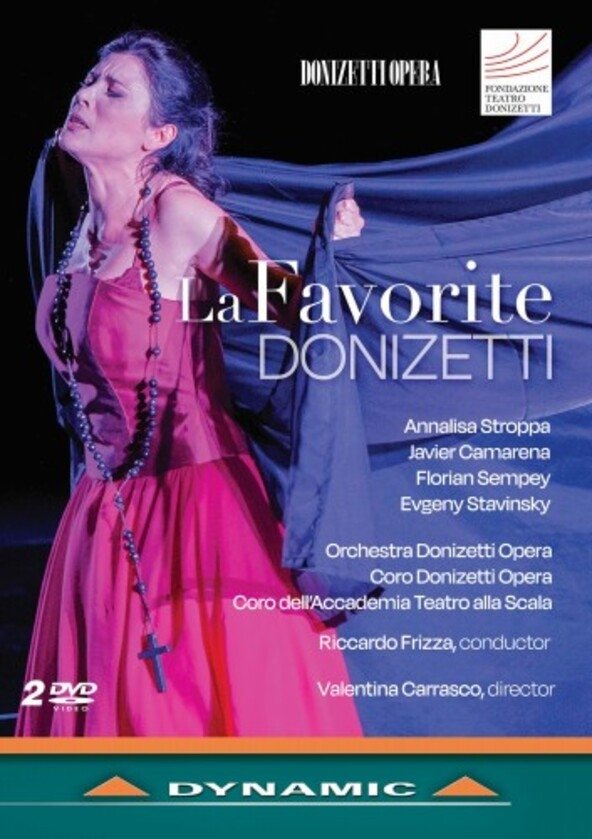
Composed for the Paris Opéra, the romantic but ultimately tragic...
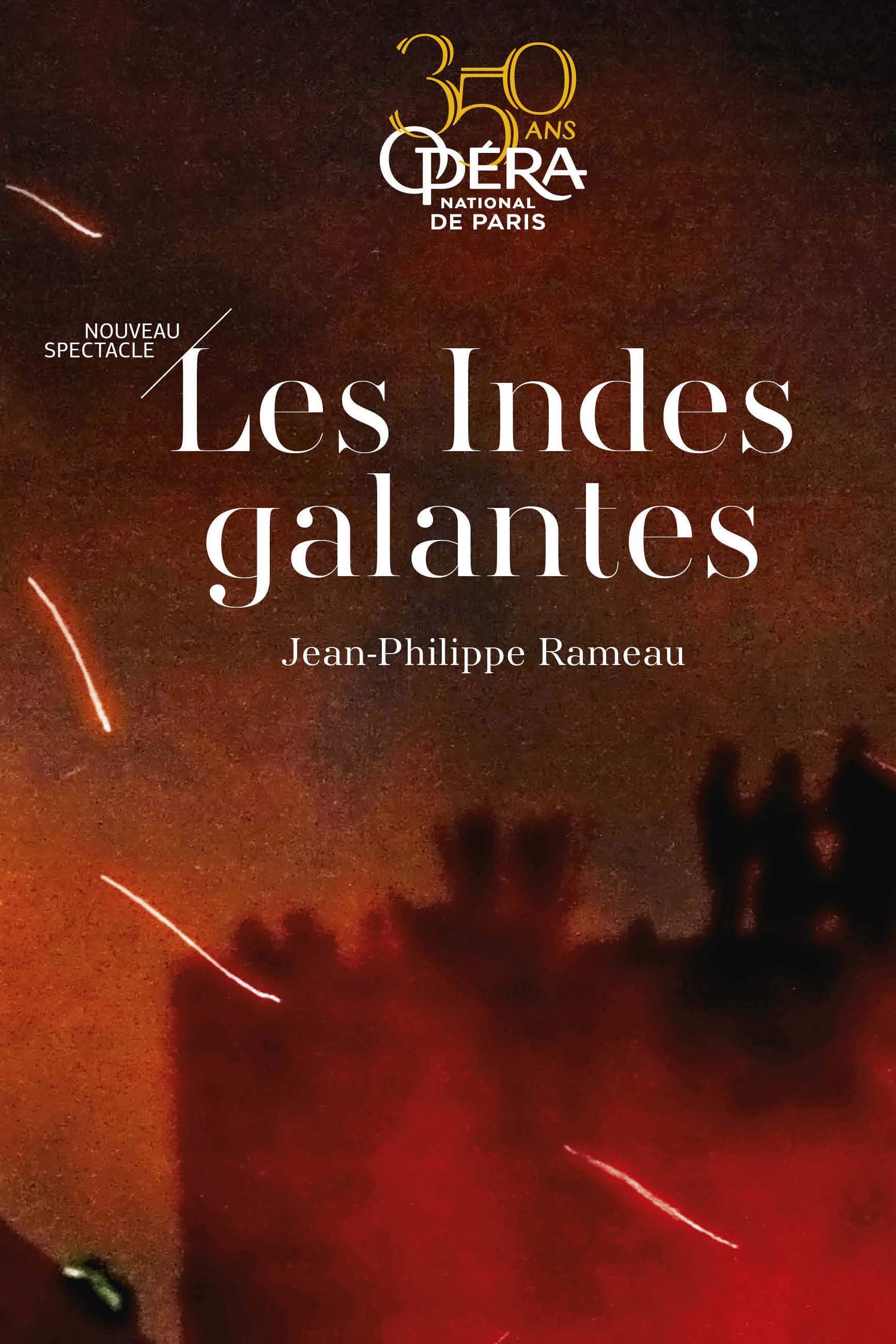
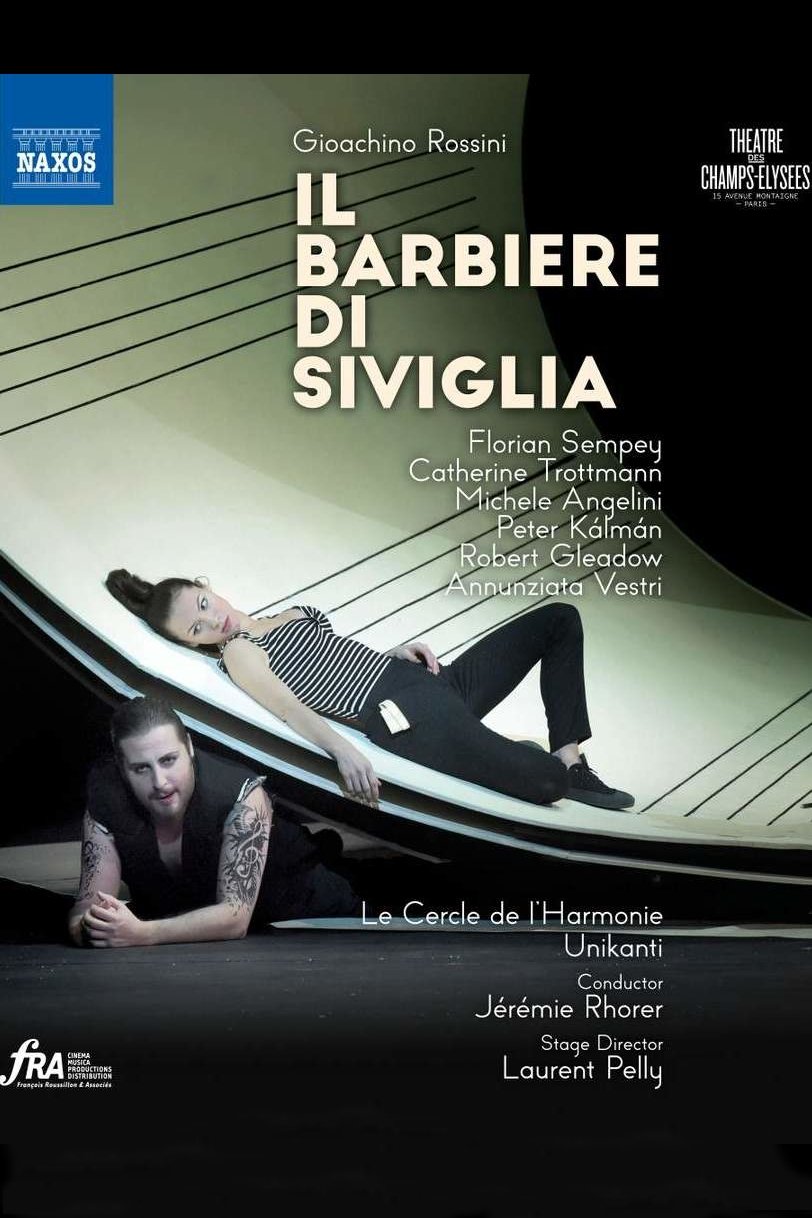
This is Laurent Pelly’s Théâtre des Champs-Élysées staging of Rossini’s...
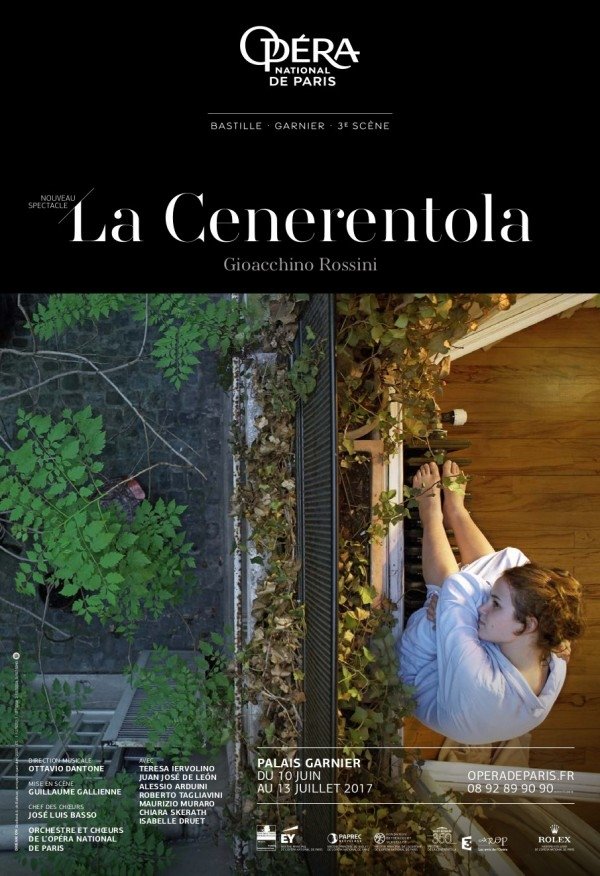
Divested of its traditional attributes – glass slipper and pumpkin...
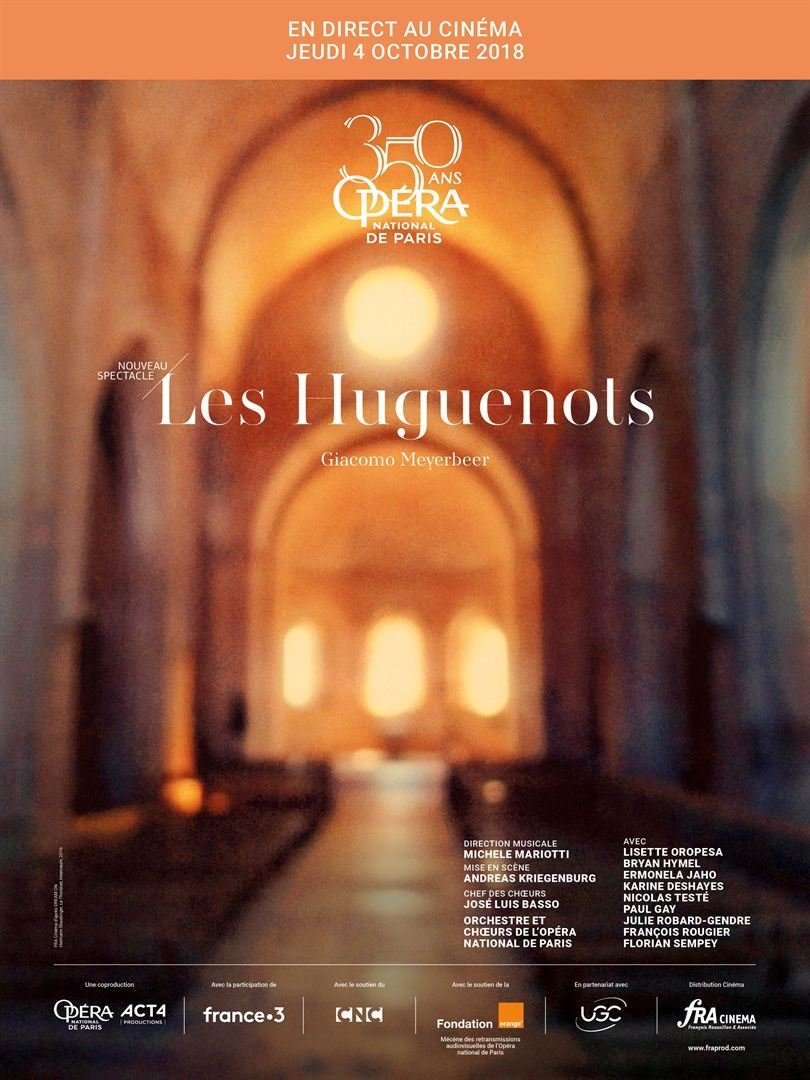
Les Huguenots is a monumental fresco featuring various impossible loves...
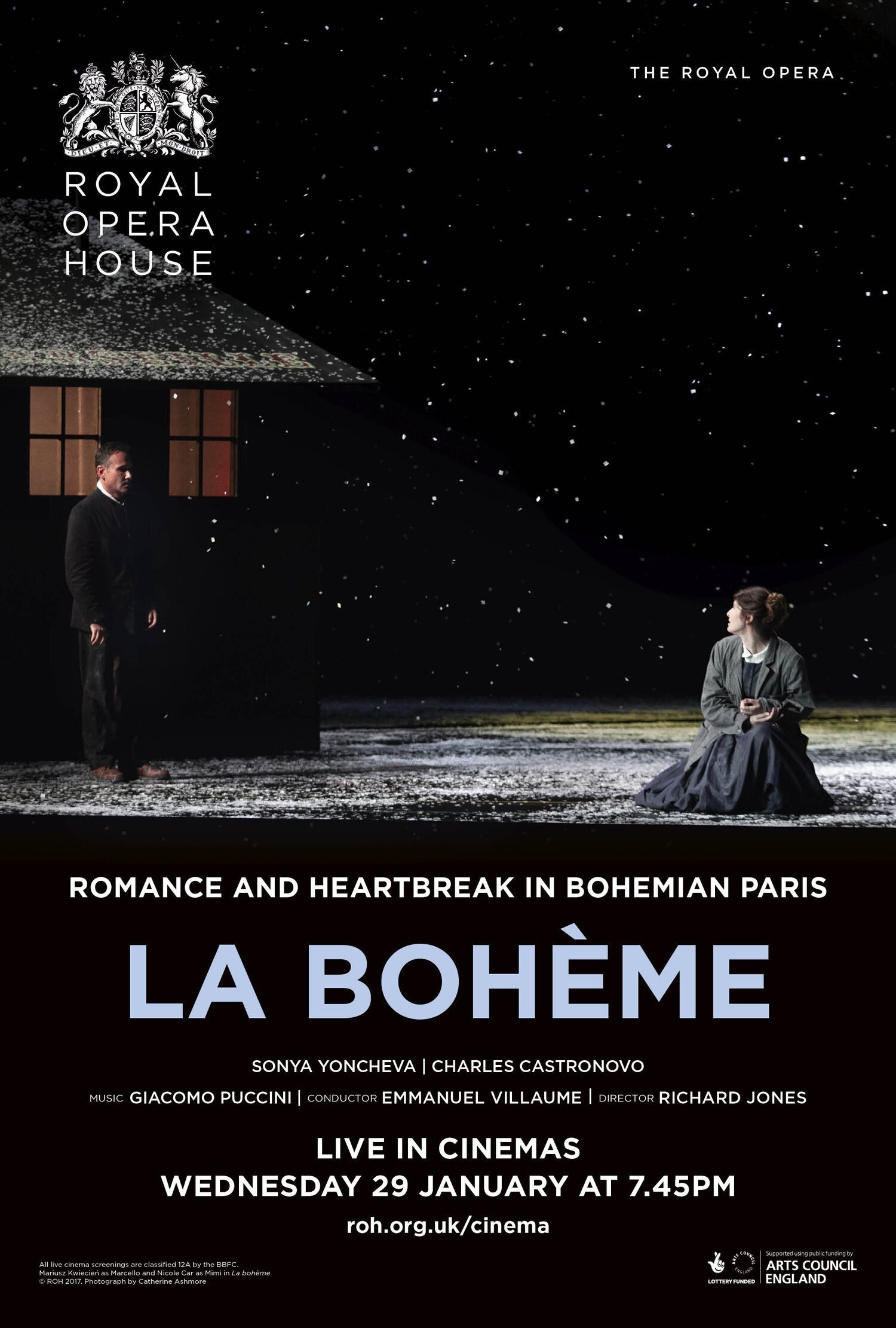
Puccini’s passionate opera is conducted by Antonio Pappano and stars...